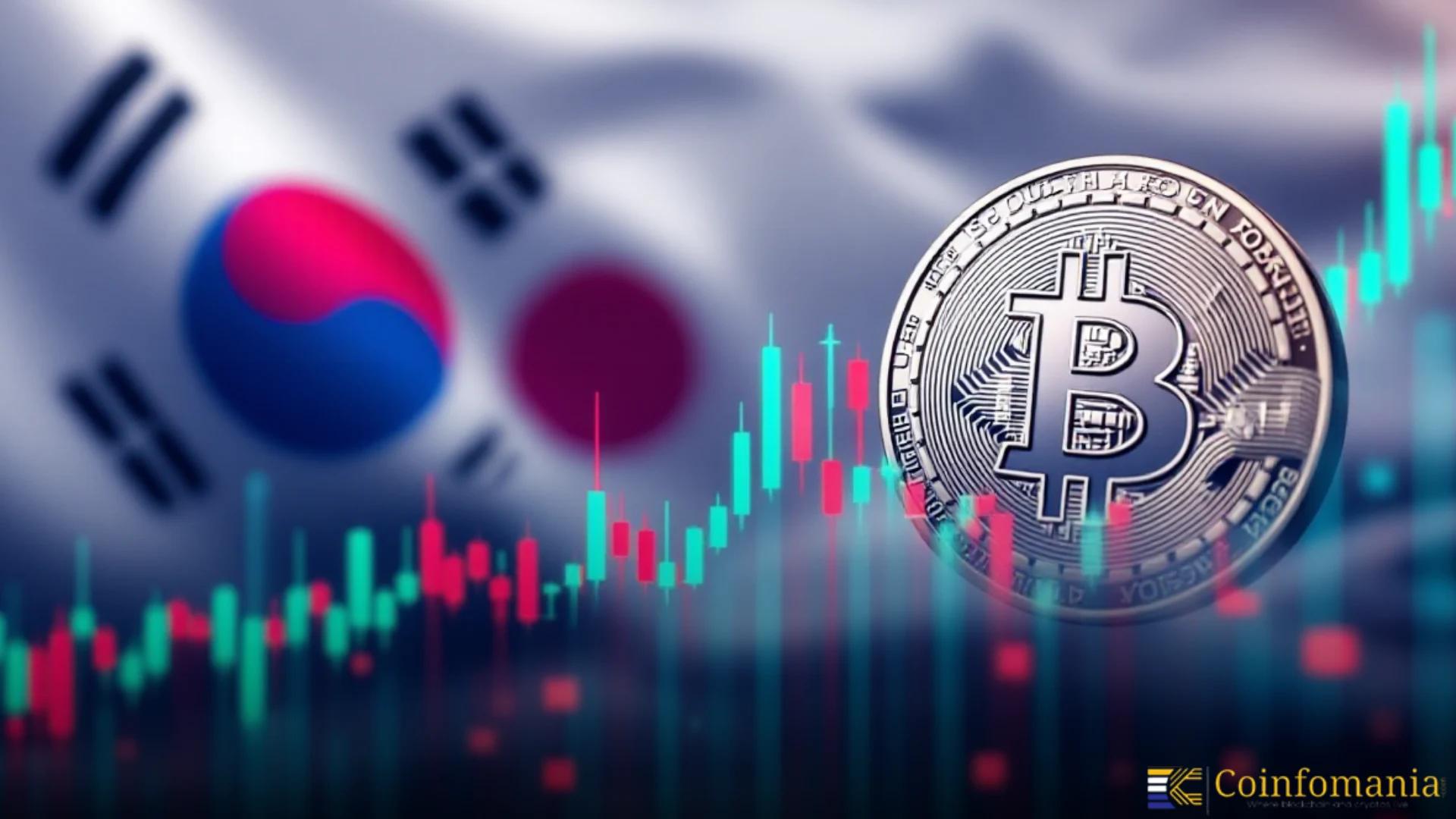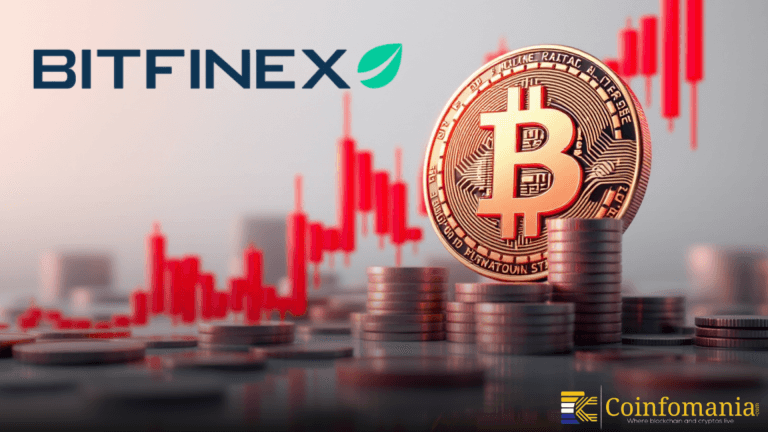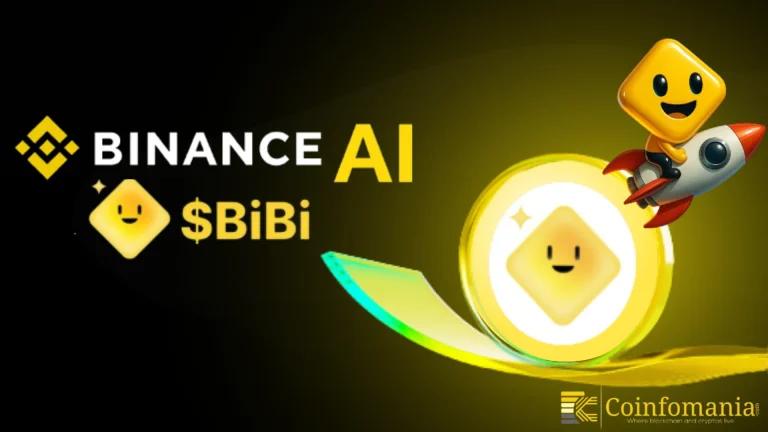South Korea’s Stablecoin Policy Faces Expert Backlash Over Innovation Fears
Let’s uncover why South Korea’s stablecoin policy sparks backlash from experts challenging the Bank of Korea regulation.

Quick Take
Summary is AI generated, newsroom reviewed.
The South Korea stablecoin policy allows only banks to issue won-backed stablecoins, sparking industry criticism.
Kaia DLT Foundation Chair Dr. Sangmin Seo called the approach “illogical,” warning it limits stablecoin innovation.
Experts argue that bank-only issuance could hinder competition and push innovation outside South Korea.
A balanced regulatory model, like Japan’s, could foster both stability and blockchain growth.
South Korea’s latest stablecoin policy proposal is stirring strong reactions across the blockchain community. The Bank of Korea recently announced plans allowing only domestic banks to issue won-backed stablecoins, drawing sharp criticism from industry leaders.
The action was called “illogical” by Dr. Sangmin Seo, Chair of the Kaia DLT Foundation, who cautioned it could stunt innovation and deter engagement by the private sector. The comments have raised doubts as to whether Korea’s conservative regulatory approach could slow the country’s emergence in digital finance.
However, experts argue that the South Korea stablecoin policy may give too much control to traditional institutions while excluding fintech startups and decentralized innovators from the ecosystem.
🇰🇷 LATEST: South Korea's bank-first stablecoin approach "lacks logic," says Kaia DLT Foundation chair Dr. Sangmin Seo.
— Cointelegraph (@Cointelegraph) October 29, 2025
The Bank of Korea wants only banks to issue won-denominated stablecoins. Could this stifle innovation? pic.twitter.com/dq8YQQTdp7
A Closer Look at the Bank-First Stablecoin Approach
The Bank of Korea regulation proposes that only licensed banks be allowed to issue won-denominated stablecoins. The central bank believes this framework will reduce risks linked to unregulated crypto assets and prevent market instability.
Under the policy, all stablecoin issuers would have to maintain reserves with the central bank, ensuring full backing and transparency. Supporters of the plan argue that bank involvement ensures consumer protection, stable valuations, and regulatory compliance.
However, the proposed system heavily favors existing financial institutions. Critics say it limits competition and innovation by excluding blockchain startups that have driven much of the sector’s technological growth.
Industry Leaders Say Policy “Lacks Logic” and Undermines Innovation
Dr. Sangmin Seo expressed frustration over the central bank’s stance. It emphasized that innovation in the digital asset sector has historically come from non-bank players. He argued that slowing stablecoin innovation to banks undermines the open and decentralized spirit of blockchain technology.
Startups, fintechs, and decentralized organizations have played a critical role in improving payment systems and cross-border transactions through creative blockchain solutions.
By granting monopoly-like control to banks, the South Korea stablecoin policy could stifle experiment and slow the nation’s transition into a digital economy. Seo noted that innovation thrives in competitive and inclusive environments, not within rigid financial hierarchies.
The Road Ahead for South Korea’s Digital Currency Strategy
The Bank of Korea has faced opponents but has continued a careful approach to digital currencies. Its goals are both to uphold consumer confidence in digital currencies and to reduce speculative amounts of risk.
Market analysts, however, are suggesting that over-regulation could hinder South Korea’s development leadership in blockchain and digital currencies. In the weeks to come, as conversations continue, the outcome may be determined by whether regulators, traditional financial institutions, and the blockchain community work with or against each other. The outcome may determine whether South Korea takes the lead in the next digital asset revolution.
Follow us on Google News
Get the latest crypto insights and updates.


